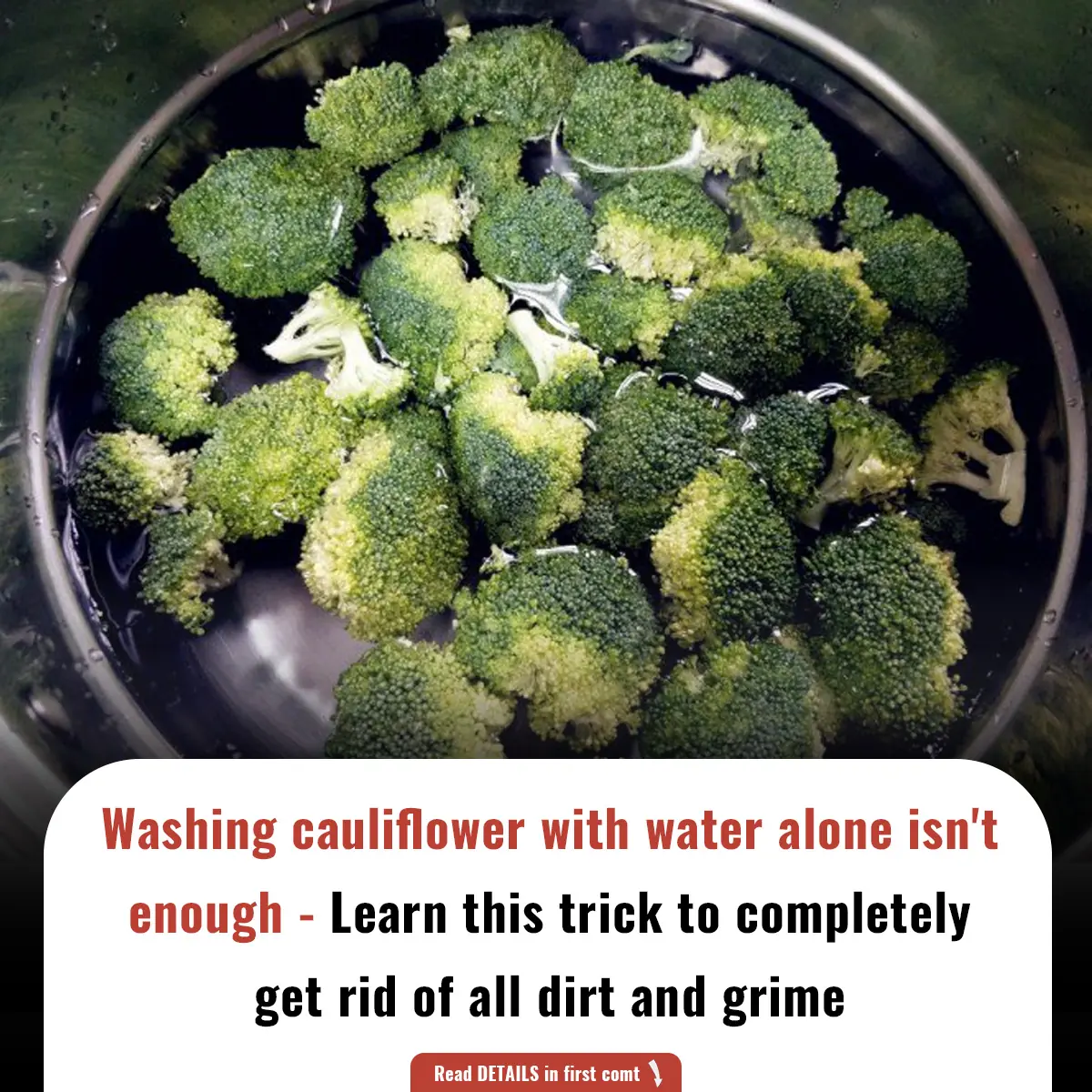
Washing cauliflower with water alone isn't enough - Learn this trick to completely get rid of all dirt and grime
You need to know the following trick to wash the cauliflower really clean before cooking it.
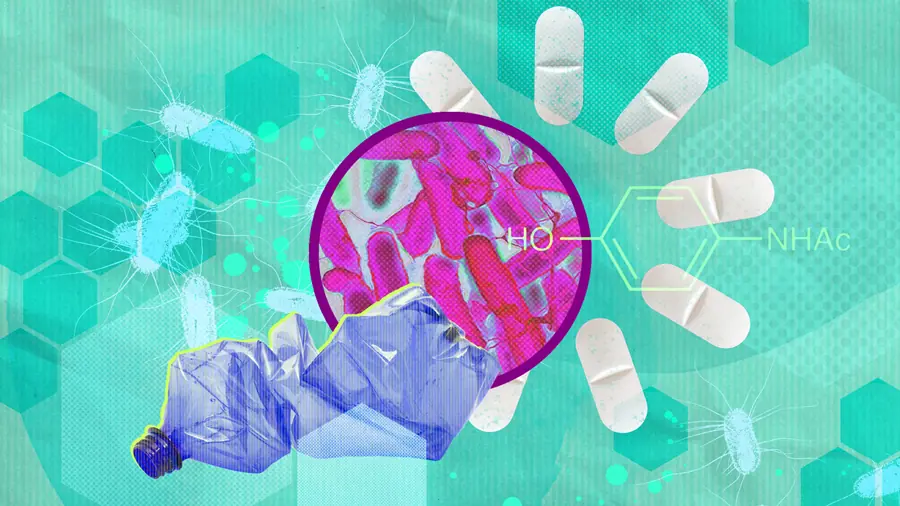
The Astonishing Scientific Breakthrough Transforming Pollution into Medicine
Imagine a world where the ubiquitous plastic bottle you just finished could be repurposed into something truly beneficial – like the pain reliever acetaminophen. This isn't science fiction; it's the groundbreaking reality emerging from the labs of the University of Edinburgh. In a remarkable feat of bioengineering, scientists have developed a method to transform polyethylene terephthalate (PET) plastic, a major contributor to global pollution, directly into acetaminophen (commonly known as paracetamol) in a mere 24 hours.
A Dual Solution to Pressing Global Challenges
Our planet is grappling with two significant issues: the escalating crisis of plastic waste and the environmental impact of traditional pharmaceutical manufacturing. Currently, most acetaminophen production relies on fossil fuels, a non-renewable resource with a substantial carbon footprint. This innovative bacterial process offers a revolutionary alternative, tackling both problems simultaneously. By utilizing plastic waste as a raw material, it not only diverts tons of plastic from landfills and oceans but also provides a more sustainable pathway for drug synthesis.
The Science Behind the Transformation: A Closer Look
The process is as elegant as it is effective, harnessing the power of genetically modified E. coli bacteria. Here's how it works:
1. Plastic Breakdown: The journey begins with the chemical breakdown of PET plastic into smaller, more manageable molecules. This initial step prepares the plastic for biological processing.
2. Bacterial Ingenuity: These smaller molecules are then introduced to specially engineered E. coli bacteria. These modified microorganisms are the true alchemists in this process, equipped with the genetic programming to perform a series of intricate chemical reactions.
3. The Nitrogen Reaction and Beyond: A key step involves a nitrogen reaction, part of a complex chain of biochemical transformations carried out by the bacteria within their cellular machinery.
4. Acetaminophen Synthesis: Through these precise enzymatic steps, the bacteria ultimately synthesize acetaminophen with remarkable efficiency.
What makes this method particularly impressive is its operational simplicity and high yield. The entire conversion takes place at room temperature, significantly reducing energy consumption compared to high-heat industrial processes. With a 92% yield, the conversion of plastic to acetaminophen is exceptionally efficient, maximizing the output of the desired drug.
A notable aspect of this research is the adaptation of a well-known chemical transformation, the Lossen rearrangement, to function within living cells. This is an unusual and sophisticated integration of synthetic chemistry principles with biological systems, opening up new avenues for "green" chemical synthesis.
Beyond Bottles: The Potential for Widespread Impact
While the initial testing focused on PET plastic from bottles, this ubiquitous material is also found in a vast array of other products, including furniture, food packaging, and textiles. Considering that approximately 350 million tonnes of plastic are discarded globally each year, the potential for this technology to make a significant dent in plastic waste is enormous.
If successfully scaled up, this bacterial recycling method could fundamentally shift how we view and manage plastic waste, transforming it from a burdensome pollutant into a valuable resource for critical products.
The Future of Sustainable Manufacturing and Recycling
The researchers are optimistic that this technique could be applied to other types of plastics and even different bacterial strains. This opens up exciting possibilities for developing a suite of eco-friendly solutions for waste management and drug manufacturing. Imagine a future where a broader range of waste materials could be biologically transformed into medicines, industrial chemicals, or other beneficial compounds, ushering in a new era of circular economy and sustainable living. This pioneering work underscores the immense potential of biotechnology to address some of the most pressing environmental and societal challenges of our time.
Credits:
This article is based on scientific research and information from reputable sources, including:
University of Edinburgh: The pioneering research on transforming PET plastic into acetaminophen using modified E. coli bacteria.
Scientific Journals and Publications: Information regarding chemical transformations like the Lossen rearrangement and broader insights into sustainable chemistry and biotechnology.
Environmental Organizations: Data and statistics concerning global plastic waste generation and its environmental impact.

You need to know the following trick to wash the cauliflower really clean before cooking it.
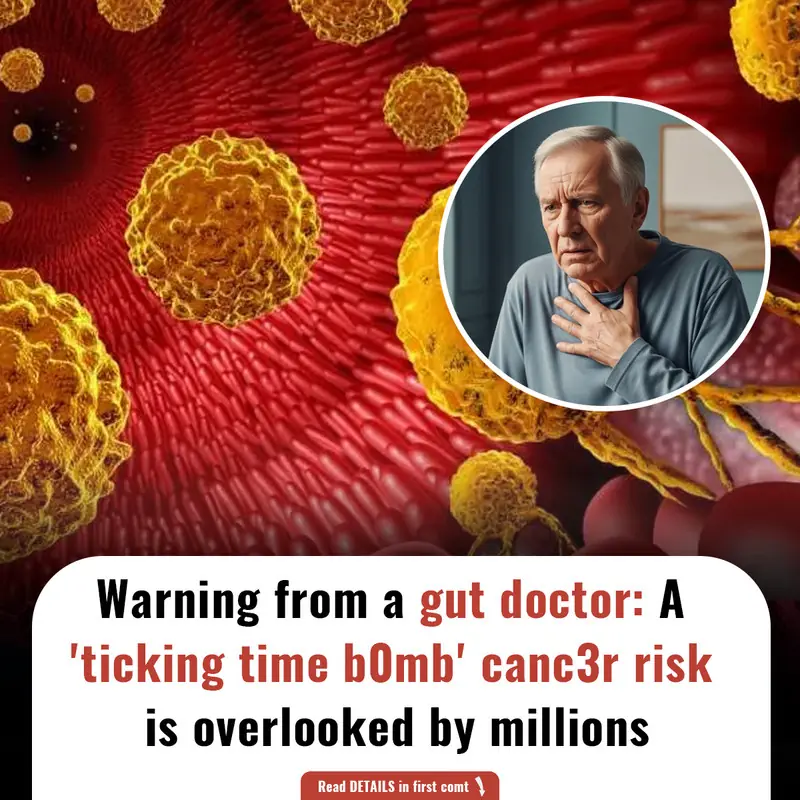
A US doctor warned of this common symptom on TikTok

Many people go outside to use sunscreen to protect their skin. However, be mindful of this to avoid harming your health.

Specialized tools show that the actual room temperature is vastly different from the temperature set on the air conditioner.
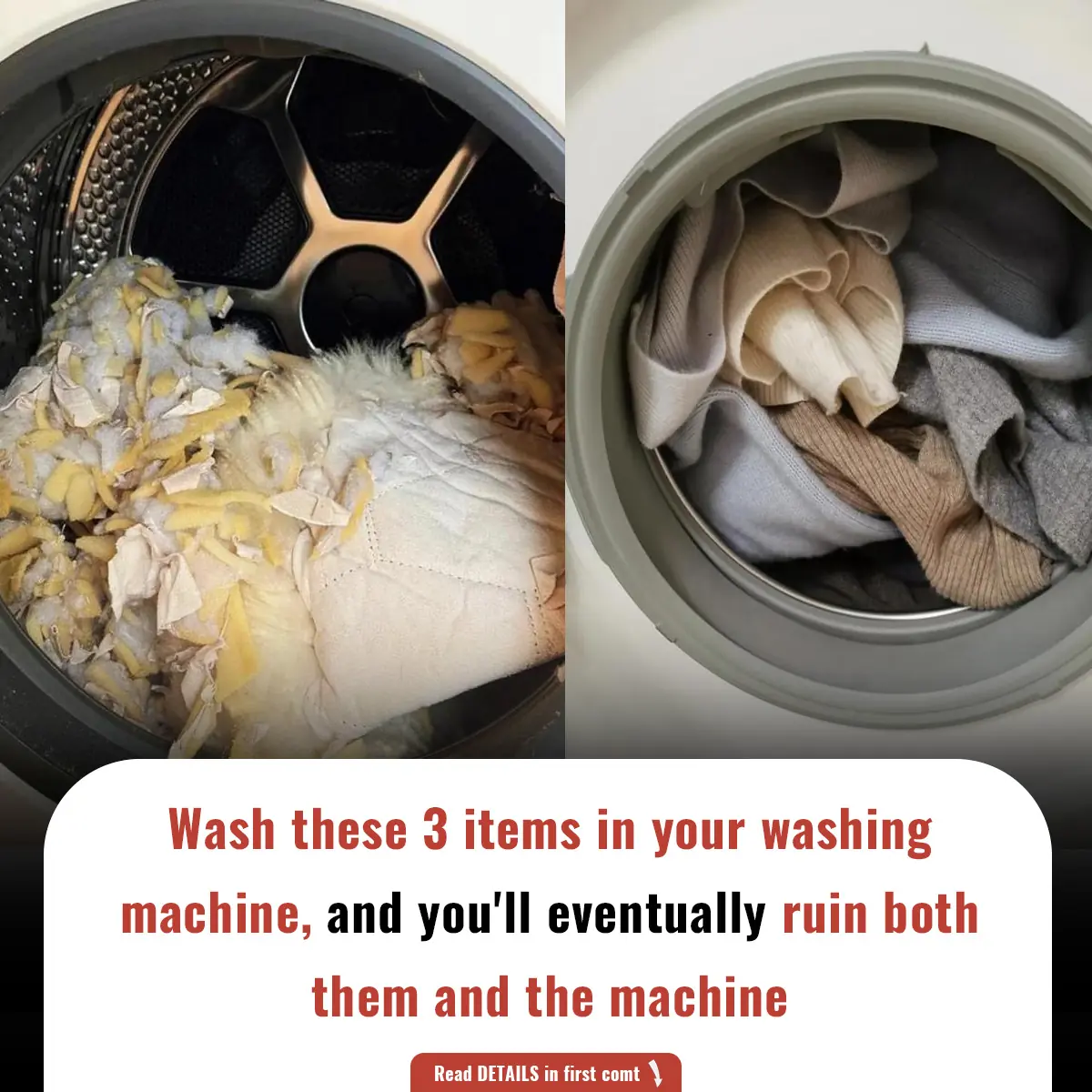
Washing machines are very convenient but they also have limitations; not everything can just be thrown in there and it's done.
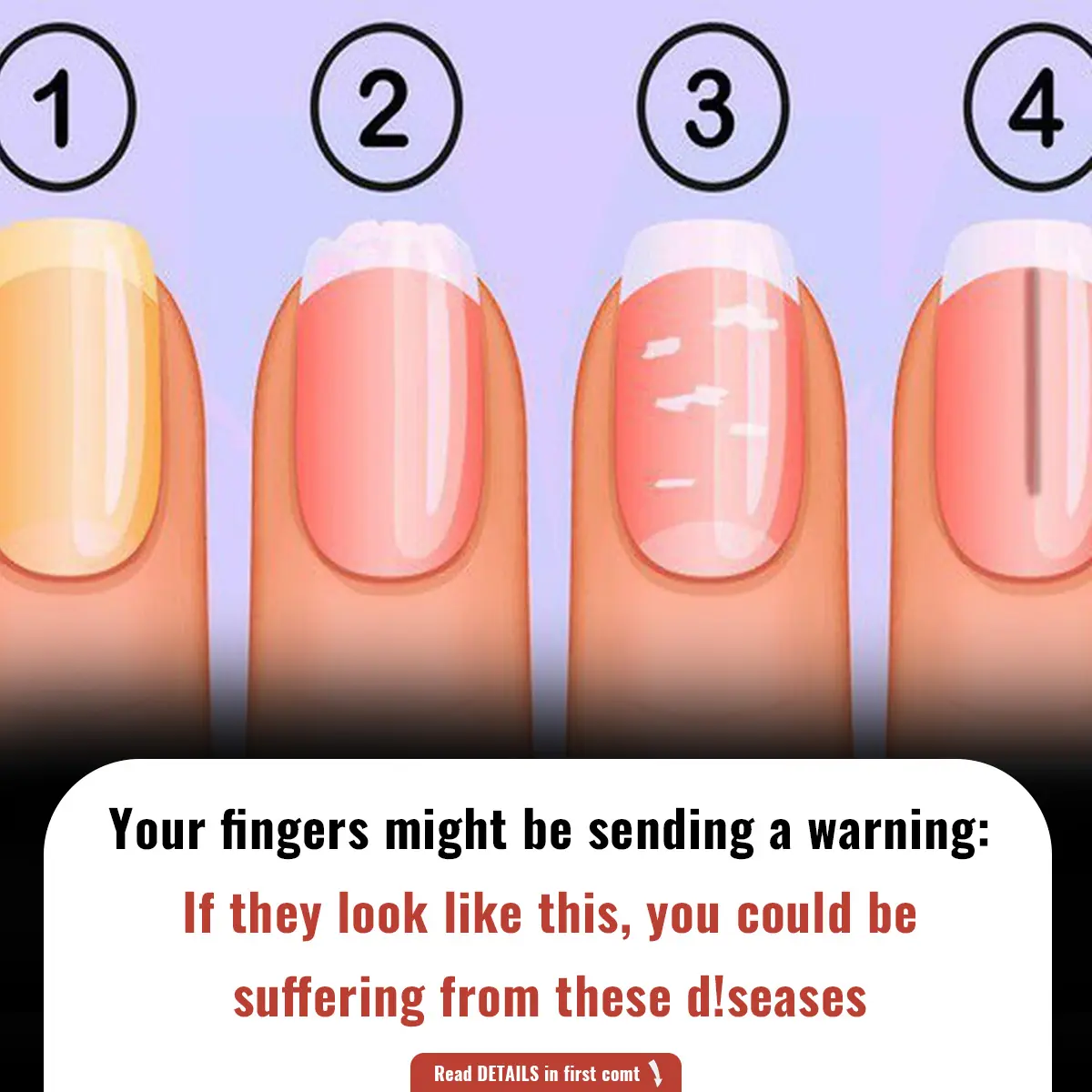
5 Health Conditions Your Nails May Reveal

"I have no choice just to get on with it and keep fighting," Leah Hughes said
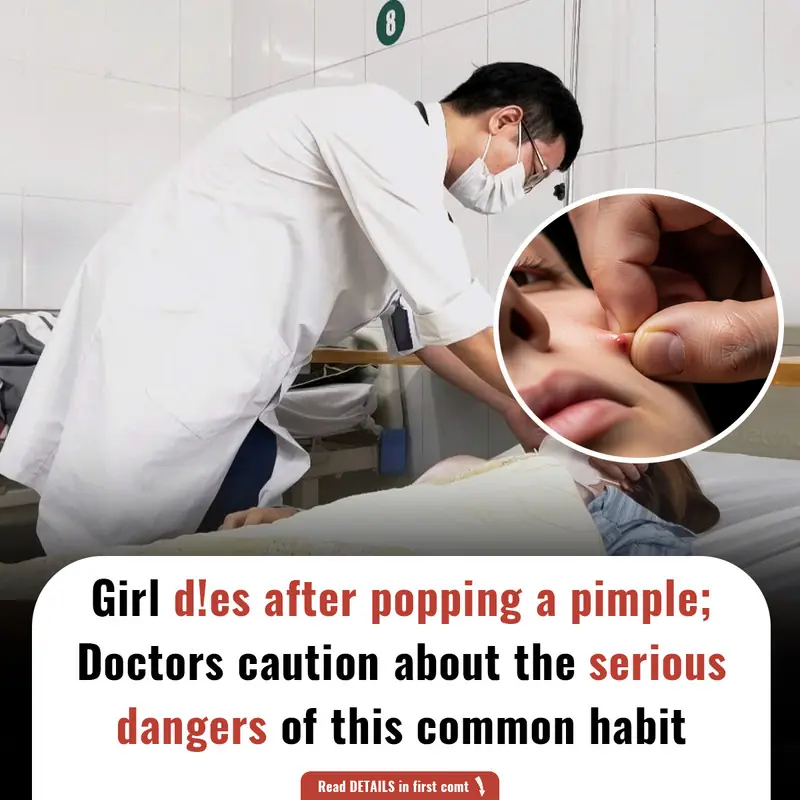
Despite being on a ventilator and undergoing continuous dialysis, the 15-year-old female student has died due to severe septic shock from popping her pimples.

Knowing the 6 tips below will help you choose good honey, becoming a smart consumer in a market filled with real and fake products.
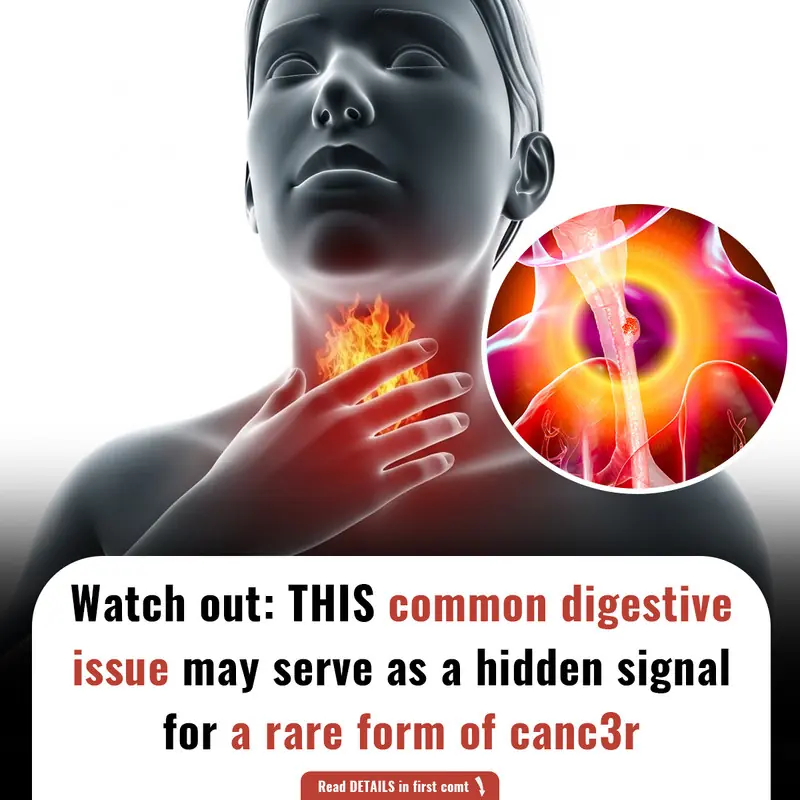
Persistent heartburn, often dismissed, could signal esophageal cancer, a condition affecting the food passage. Early detection is crucial due to late-stage symptom onset. Chronic heartburn, linked to GERD and Barrett's esophagus, elevates cancer risk. Con

Be careful with this when drinking iced coffee if you don't want to experience the same situation.
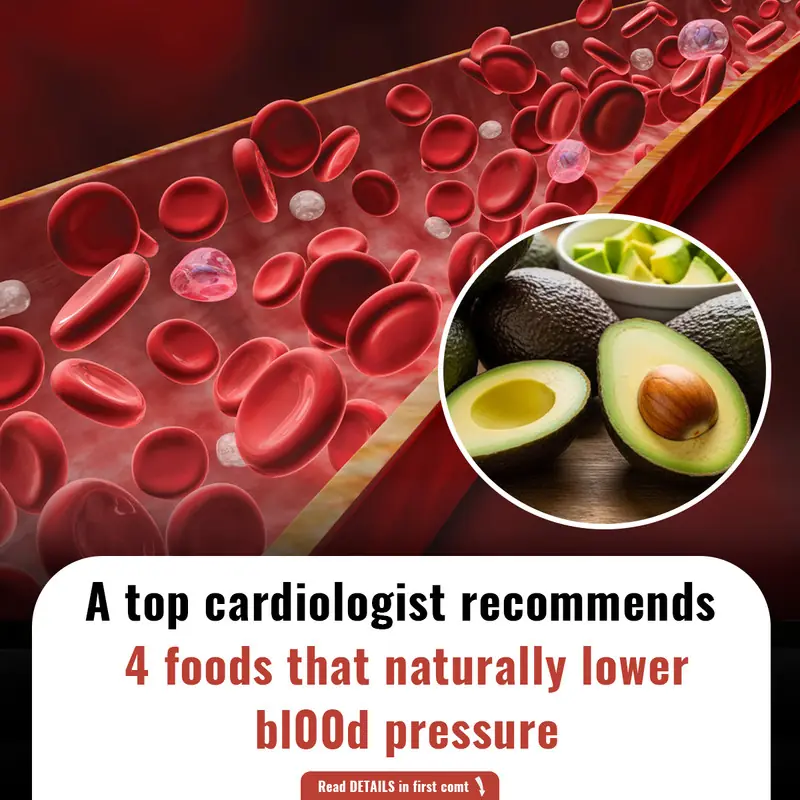
Dr. Sanjay Bhojraj, a cardiologist, highlights the significance of diet in managing high blood pressure, a major contributor to chronic illnesses. He recommends incorporating foods like avocados, bananas, leafy greens, and garlic into a balanced diet. The

A twin study reveals how sm0king and tanning accelerate skin aging by damaging collagen and elastin. Learn how lifestyle choices impact aging and why sunscreen and healthy habits are key to preserving your skin.
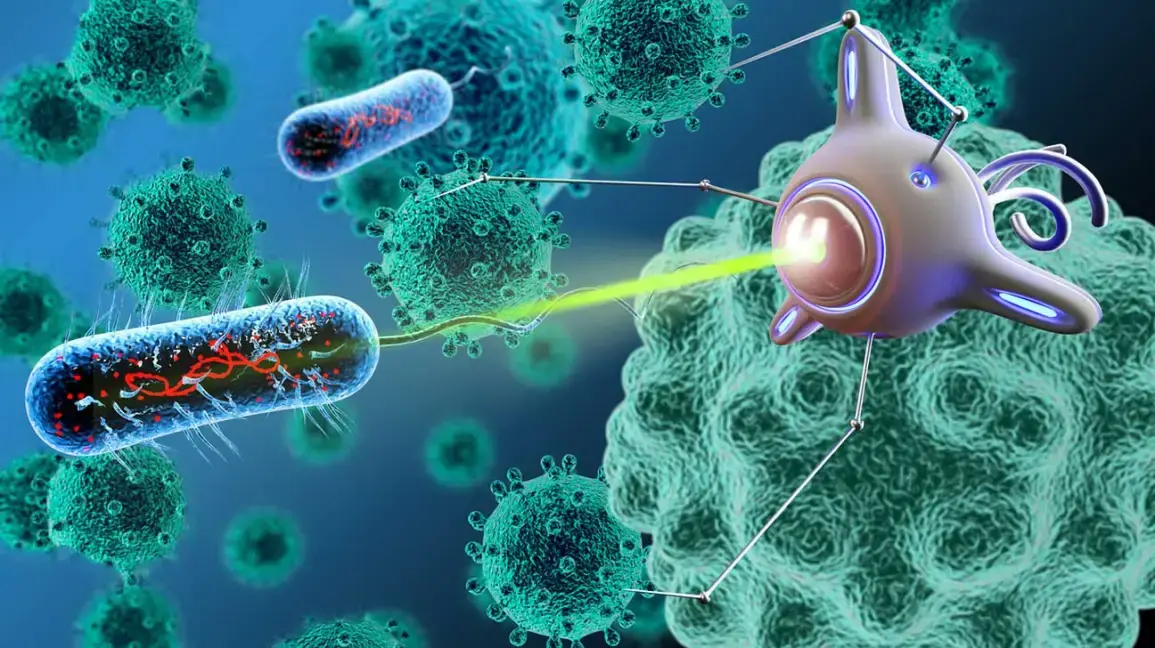
Discover how a groundbreaking mRNA-based treatment uses nanoparticles to turn your own immune cells into cancer-fighting CAR-T cells, offering a faster, safer, and more affordable alternative to traditional CAR-T therapy.
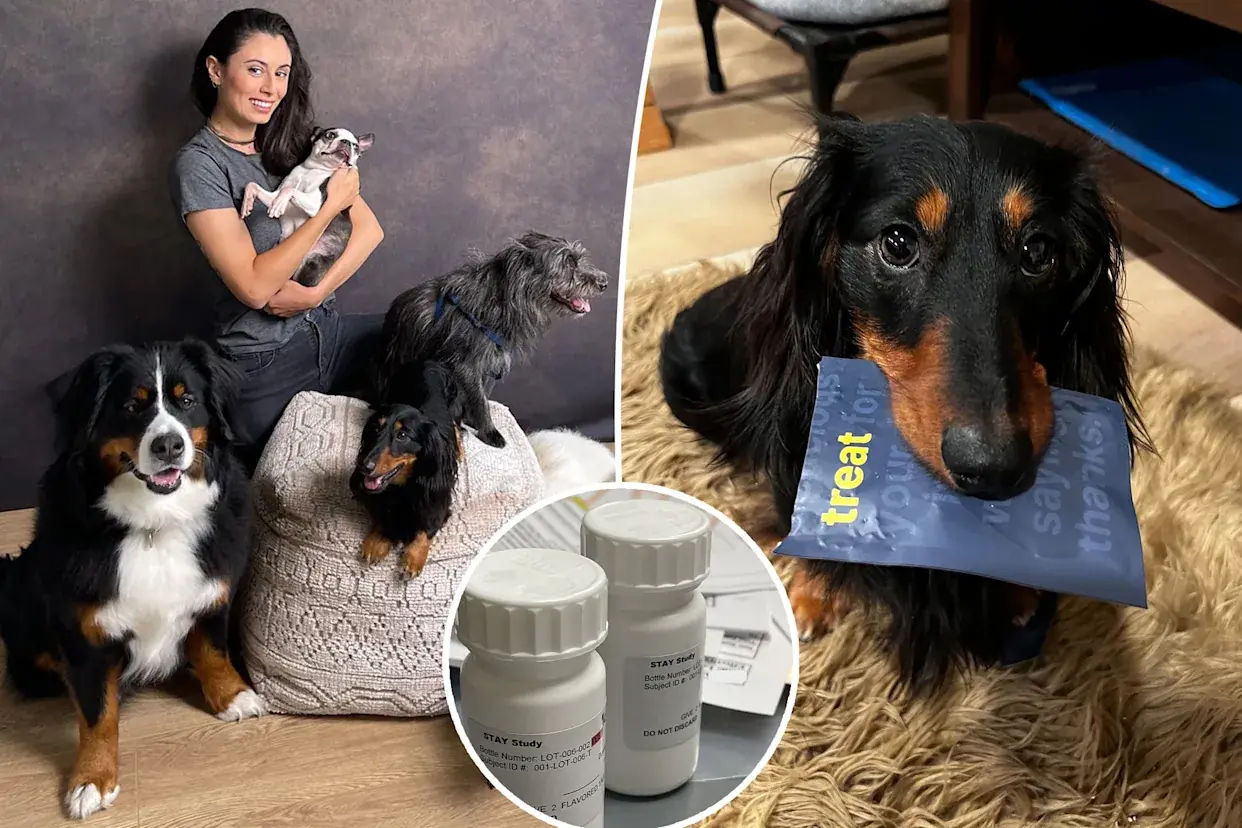
Discover how rapamycin, a drug originally used for organ transplants, may mimic the life-extending effects of calorie restriction and its potential role in anti-aging treatments. Learn more about the early research and risks.

New research reveals how a specific brain region regulates alcohol consumption, offering hope for targeted treatments for alcohol addiction. Discover how this breakthrough could transform alcohol dependency therapies.

Discover how oxytocin, the "love hormone," stimulates heart stem cells and aids in regenerating heart tissue after injury. This new research brings hope for future heart attack treatments.
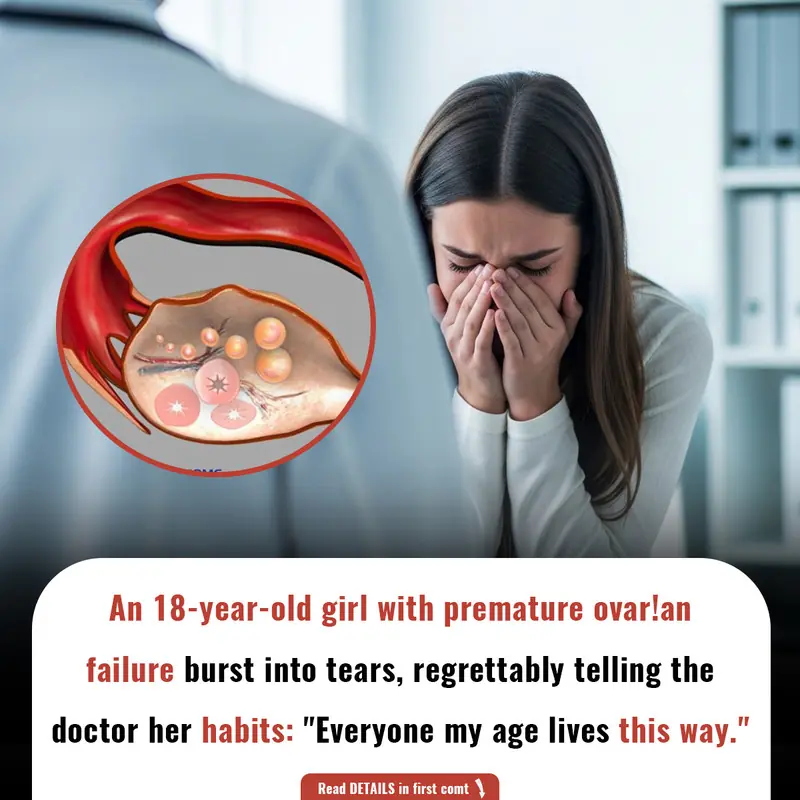
At 18 years old, associated with the bright days of youth, this girl received a diagnosis of premature ovarian failure, making it very difficult to conceive.

Although the air conditioner can still operate, when noticing the following signs, it is advisable to conduct timely inspections and repairs to avoid affecting the usage needs and the health of users.

Discover the deep, quiet bond between George Harrison and Stevie Nicks. Their connection, built on mutual respect and shared creativity, left a lasting impact on both their personal lives and the music world.

Discover how Carol Burnett, with the help of a $1,000 gift, transformed her career from struggling actress to one of America’s most beloved entertainers, leaving a legacy of laughter and love.

You need to know the following trick to wash the cauliflower really clean before cooking it.

A US doctor warned of this common symptom on TikTok
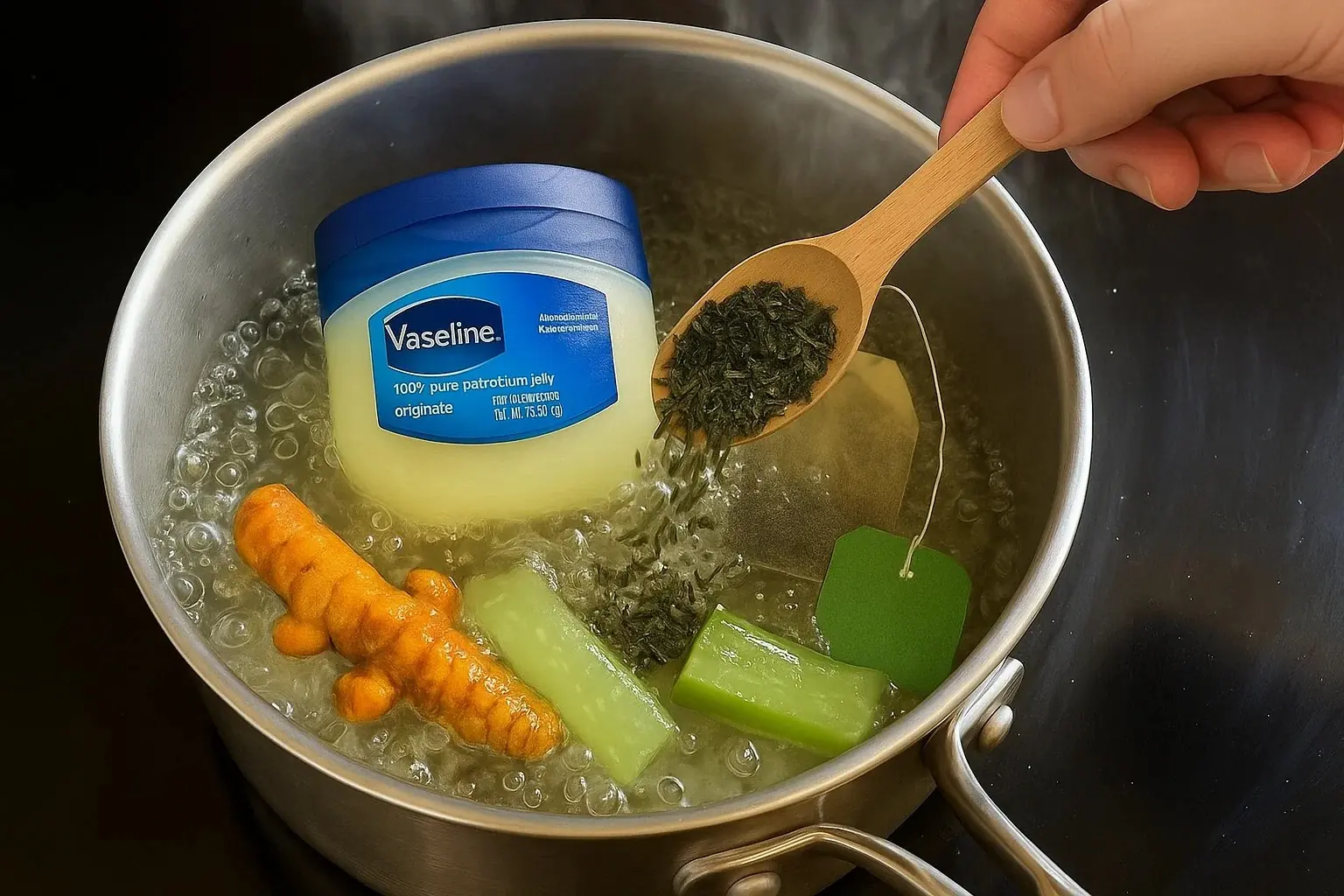
This DIY Botox serum using Vaseline and potent natural ingredients like rosehip oil, turmeric, and vitamin E is an affordable and effective alternative to expensive Botox treatments.

An anxious mother's late-night flight with her toddler became a testament to human kindness. Discover how a stranger's unexpected compassion and patience transformed a potentially stressful journey into a heartwarming lesson in empathy for all.

Many people go outside to use sunscreen to protect their skin. However, be mindful of this to avoid harming your health.

Specialized tools show that the actual room temperature is vastly different from the temperature set on the air conditioner.

A heartfelt story about family, routine, and a loyal pup named Gordon who never forgets to show off his favorite toy—even when his best friend, Papa, is away in the hospital.

Washing machines are very convenient but they also have limitations; not everything can just be thrown in there and it's done.

D-Day 1944: Private Hillman found his mother's initials on his parachute. A heartwarming WWII story of maternal love and an unexpected connection.

5 Health Conditions Your Nails May Reveal
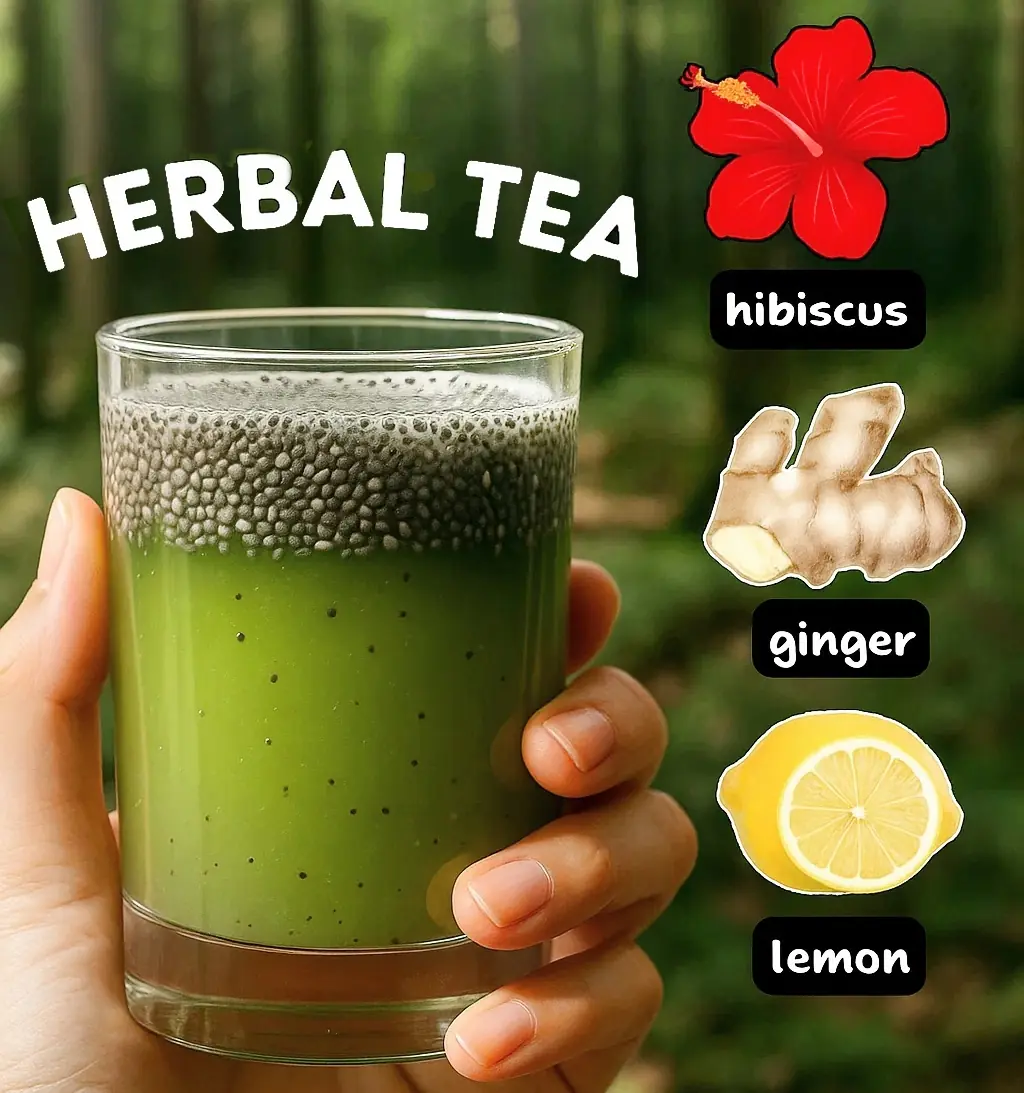
By drinking this tea daily, you provide your body with the essential nutrients needed to stimulate collagen production and protect the skin from oxidative stress.

Discover how Paul Newman quietly redirected his movie perks to fund children’s hospitals, transforming his privilege into purposeful generosity, away from the spotlight.

Meet Mollie, the sweet dog whose powerful instincts made her a fearless protector. This heartwarming story reveals her unwavering loyalty during a park incident and a medical emergency, a true testament to the human-animal bond and canine guardianship.

In this compelling story, Sonia Kovaleva overcomes class prejudice and mockery to prove her worth, showing that strength, resilience, and self-belief can overcome even the harshest of judgments.

In this deeply emotional story, a mother-in-law learns to truly see her daughter-in-law and stands by her during the toughest moments. A journey of unconditional support, understanding, and healing that transforms their relationship.

When our golden retriever, Beau, wouldn't stop barking at the nanny, we thought he was just being territorial. Maybe jealous. We even talked about rehoming him. But the night I checked the security footage, I saw something that made my stomach twist. Beau
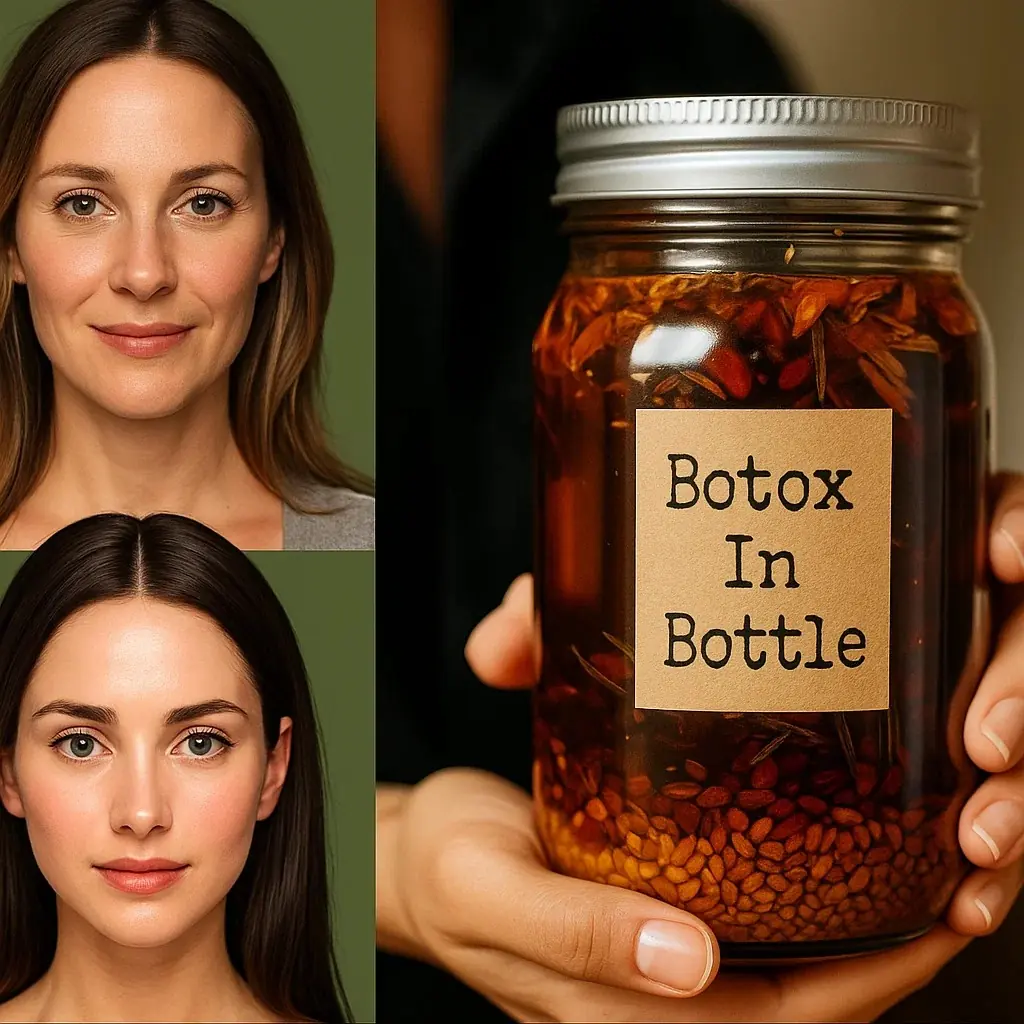
By stimulating collagen production, improving circulation, and offering anti-inflammatory and antioxidant benefits, clove oil helps reduce the appearance of wrinkles, fine lines, and sagging skin
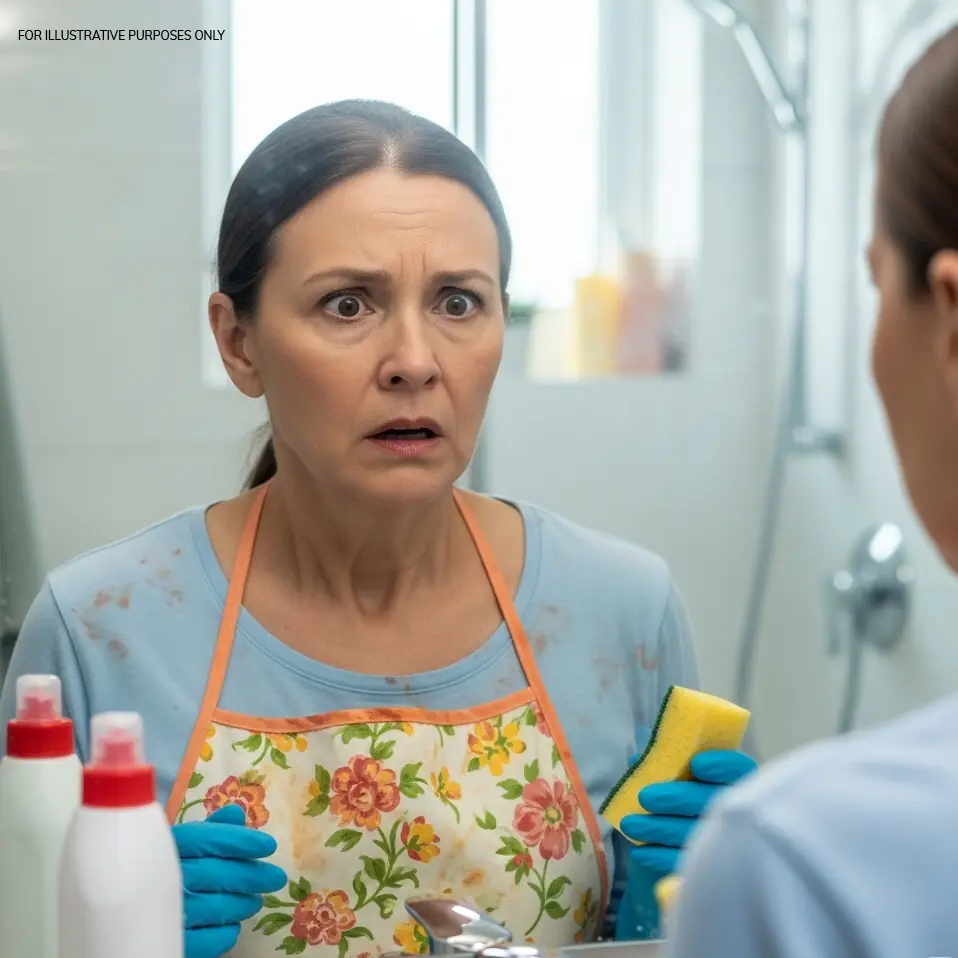
After years of neglect, a wife’s heartfelt request for a date leads to a painful realization for her husband. As they rediscover each other, they learn that true love starts with self-respect and self-care, transforming not just their relationship, but